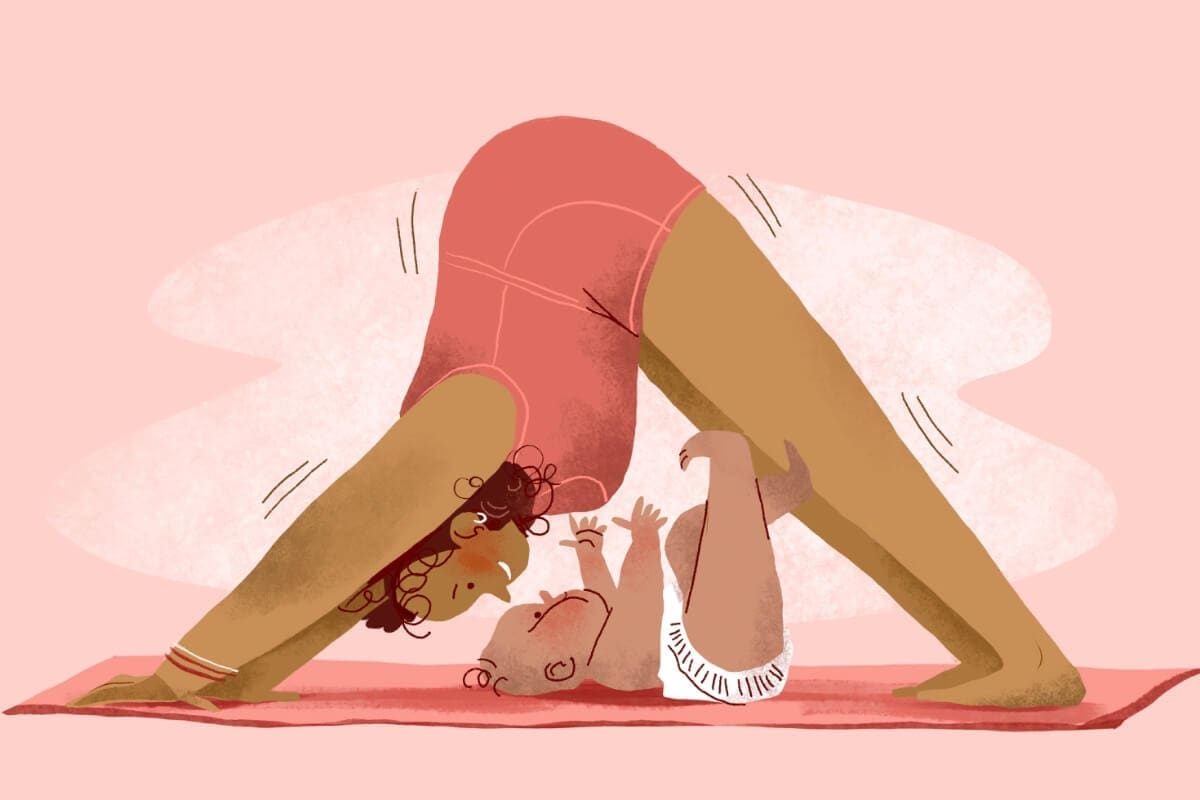
How Emotions Affect Physical Health
Your emotional state can have a real impact on your body. Understanding how emotions affect physical health helps explain why stress, anxiety, and other emotional factors can influence everything from headaches to immune response. Taking care of your mental well-being is just as important as caring for your body.
Understanding the Mind-Body Connection
Good emotional health starts with being aware of your thoughts, feelings, and behaviors. Learning healthy ways to cope with stress and problems is a normal part of life. Feeling good about yourself and having healthy relationships is important.
Many things that happen in your life can disrupt your emotional health. These can lead to strong feelings of sadness, stress, or anxiety. Even good or wanted changes can be as stressful as unwanted changes. These things include:
- A pandemic
- Being laid off from your job.
- Having a child leave or return home.
- Dealing with the death of a loved one.
- Getting divorced or married.
- Suffering an illness or an injury.
- Getting a job promotion.
- Experiencing money problems.
- Moving to a new home.
- Having or adopting a baby.
How Stress and Negative Emotions Impact the Body
Your body responds to the way you think, feel, and act. This is one type of “mind/body connection.” When you are stressed, anxious, or upset, your body reacts physically. For example, you might develop high blood pressure or a stomach ulcer after a particularly stressful event, such as the death of a loved one.


Physical symptoms can be your body’s way of letting you know you aren’t coping with stress well. Easy stress management may help patients feel better. Read More
Positive Emotions and Health Benefits
There are ways to improve your emotional health. First, recognize your emotions and understand why you are having them. Sorting out the causes of sadness, stress, and anxiety in your life can help you manage your emotional health. Following are some other helpful tips.
Express your feelings in appropriate ways.
If feelings of stress, sadness, or anxiety are causing physical problems, keeping these feelings inside can make you feel worse. It’s okay to let your loved ones know when something is bothering you. However, keep in mind that your family and friends may not always be able to help you deal with your feelings appropriately. At these times, ask someone outside the situation for help. Try asking your family doctor, a counselor, or a religious advisor for advice and support to help you improve your emotional health.
Live a balanced life.
Focus on the things that you are grateful for in your life. Try not to obsess about the problems at work, school, or home that lead to negative feelings. This doesn’t mean you have to pretend to be happy when you feel stressed, anxious, or upset. It’s important to deal with negative feelings but try to focus on the positive things in your life, too. You may want to use a journal to keep track of things that make you feel happy or peaceful. Some research has shown that having a positive outlook can improve your quality of life and give your health a boost. You may also need to find ways to let go of some things in your life that make you feel stressed and overwhelmed. Make time for things you enjoy.
Develop resilience.
People with resilience are better at coping with stress in a healthy way. Resilience can be learned and strengthened with different strategies. These include having social support, keeping a positive view of yourself, accepting change, and keeping things in perspective. A counselor or therapist can help you achieve this goal with cognitive behavioral therapy (CBT). Ask your doctor if this is a good idea for you.
Calm your mind and body.
Relaxation methods, such as meditation, listening to music, listening to guided imagery tracks, yoga, and Tai Chi are useful ways to bring your emotions into balance. Free guided imagery videos are also available on YouTube.
Meditation is a form of guided thought. It can take many forms. For example, you may do it by exercising, stretching, or breathing deeply. Ask your family doctor for advice about relaxation methods.
Take care of yourself.
To have good emotional health, it’s important to take care of your body by having a regular routine. This includes a routine of healthy meals, sleep, and exercise to relieve pent-up tension. Avoid overeating and don’t abuse drugs or alcohol. Using drugs or alcohol just causes other issues, such as family and health problems.
Physical Symptoms Linked to Emotional Distress
Poor emotional health can weaken your body’s immune system. This makes you more likely to get colds and other infections during emotionally difficult times. Also, when you are feeling stressed, anxious, or upset, you may not take care of your health as well as you should. You may not feel like exercising, eating nutritious foods, or taking medicine that your doctor prescribes. You may abuse alcohol, tobacco, or other drugs. Other signs of poor emotional health include:
- back pain
- change in appetite
- chest pain
- constipation or diarrhea
- dry mouth
- extreme tiredness
- general aches and pains
- headaches
- high blood pressure
- insomnia (trouble sleeping)
- lightheadedness
- palpitations (the feeling that your heart is racing)
- sexual problems
- shortness of breath
- stiff neck
- sweating
- upset stomach
- weight gain or loss
Why does my doctor need to know about my emotions?
You may not be used to talking to your doctor about your feelings or problems. But remember, he or she can’t always tell that you’re feeling stressed, anxious, or upset just by looking at you. It’s important to be honest with your doctor if you are having these feelings.
First, he or she will need to make sure that other health problems aren’t causing your physical symptoms. If your symptoms aren’t caused by other health problems, you and your doctor can address the emotional causes of your symptoms. Your doctor may suggest ways to treat your physical symptoms while you work together to improve your emotional health.
When to see a doctor
If your negative feelings don’t go away and are so strong that they keep you from enjoying life, it’s especially important for you to talk to your doctor. You may have what doctors call “major depression.” Depression is a medical illness that can be treated with individualized counseling, medicine, or both.
Recognizing how emotions affect physical health is key to improving both mental and physical well-being. Whether you’re managing chronic illness or trying to reduce daily stress, simple emotional wellness habits—like mindfulness, gratitude, and support—can lead to better overall health. Talk to your doctor if you’re feeling overwhelmed.
Questions to Ask Your Doctor
- How can I better cope with stress?
- Are my health problems causing my stress, or is my stress causing my health problems?
- I don’t think I’m under stress, but is my body telling me that I am?
- Everything in my life is good. Why am I not happy?
![]()
Copyright © American Academy of Family Physicians
This information provides a general overview and may not apply to everyone. Talk to your family doctor to find out if this information applies to you and to get more information on this subject.











